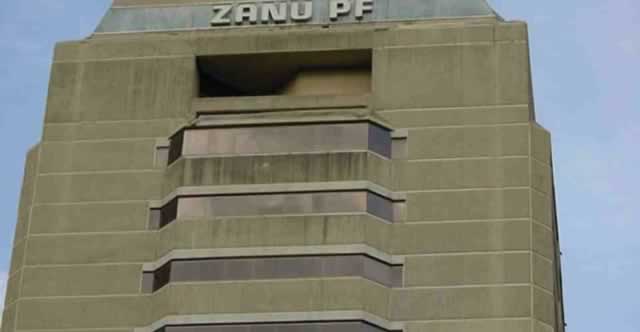Britain may use mediaeval treason law

London – Britain may use a mediaeval law dating to 1351, to charge citizens with treason, if they go to fight with Islamic State insurgents in Iraq and Syria, says Foreign Secretary, Philip Hammond.
Prime Minister, David Cameron, has warned that the Islamic State, whose fighters have seized large areas of Syria and Iraq, pose a grave threat to Britain, while police and intelligence officers say they have seen a rise in potentially deadly plots.
Security officials say about 500 Britons – largely with Muslim immigrant backgrounds – are believed to be fighting in Iraq and Syria, though the true figure could be much greater. Security officials worry that those who return could carry out an attack on Britain.
Hammond said any British citizen who had sworn personal allegiance to the so-called Islamic State, could have committed an offence under the Treason Act of 1351, which was passed during the reign of English King Edward III.
“We’ve seen people declaring that they’ve sworn personal allegiance to the so-called Islamic State,” Hammond told parliament.
“That raises questions about their loyalty and allegiance to this country, and about whether the offence of treason could’ve been committed,” he said, adding he would bring the issue to the attention of Home Secretary (interior minister), Theresa May.
The ISIS supporters have released videos of the beheading of two American and two British men that feature a masked, black-clad militant brandishing a knife and speaking with an English accent, who has been dubbed “Jihadi John” by British media.
The maximum sentence for treason in Britain is life imprisonment; it was death until 1998.
The last person to be hanged for treason in Britain was William Joyce, a propagandist for Nazi Germany, nicknamed Lord Haw Haw, who broadcast to Britain during World War Two and who was executed in 1946.
Meanwhile, US war planes struck more than two dozen times in Syria and Iraq on Friday and Saturday, hitting Islamic State jihadists and oil infrastructure they control, the American military said.
Of 15 air strikes in Syria, 12 were aimed at “degrading and destroying their oil producing, collecting, storage and transportation infrastructure,” the US Central Command said.
The jihadists control a swath of territory straddling north-western Iraq and eastern Syria, home to most of Syria’s main oilfields.
Experts say the jihadists were earning as much as $3m daily from oil before the coalition began launching strikes on Syria, building on the air war underway against ISIS in Iraq since August 8.
Seven of the US strikes were east of Diban; they “successfully struck an ISIL [ISIS] crude oil collection point consisting of crude oil collection equipment and a modular oil refinery,” the statement said.
Another of the five others against oil targets, was southeast of Deir Ezzor and damaged a modular refinery. Three other strikes in Syria hit two ISIS fighting positions near Kobane and a military camp in the Raqa province.
Meanwhile, with all eyes on the Islamic State group’s onslaught in Iraq and Syria, a less conspicuous but potentially just as explosive front line with the extremists is emerging in Lebanon, where Lebanese soldiers and Shi’ite Hezbollah guerrillas are increasingly pulled into deadly fighting with the Sunni militants along the country’s border with Syria. — AFP











Comments